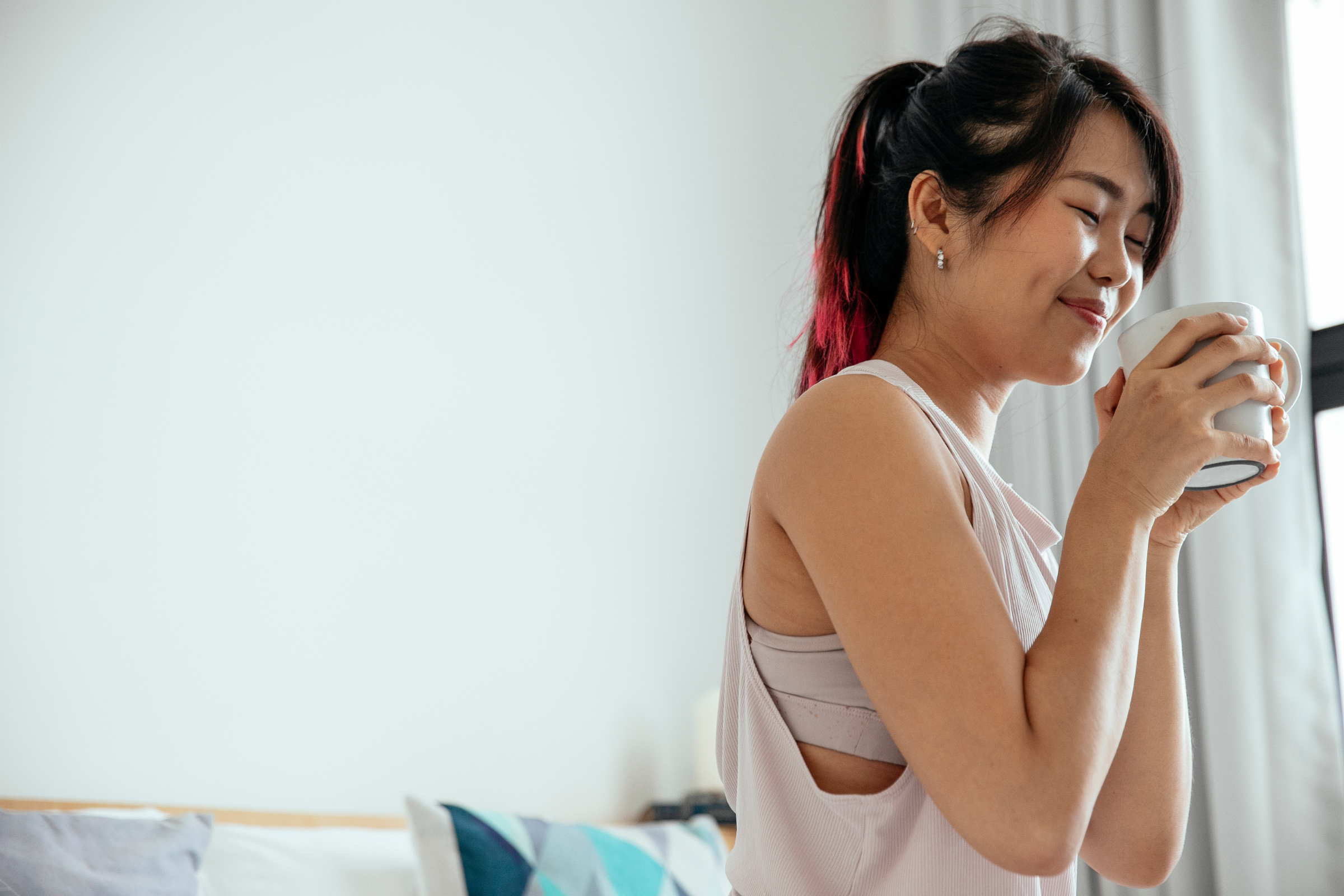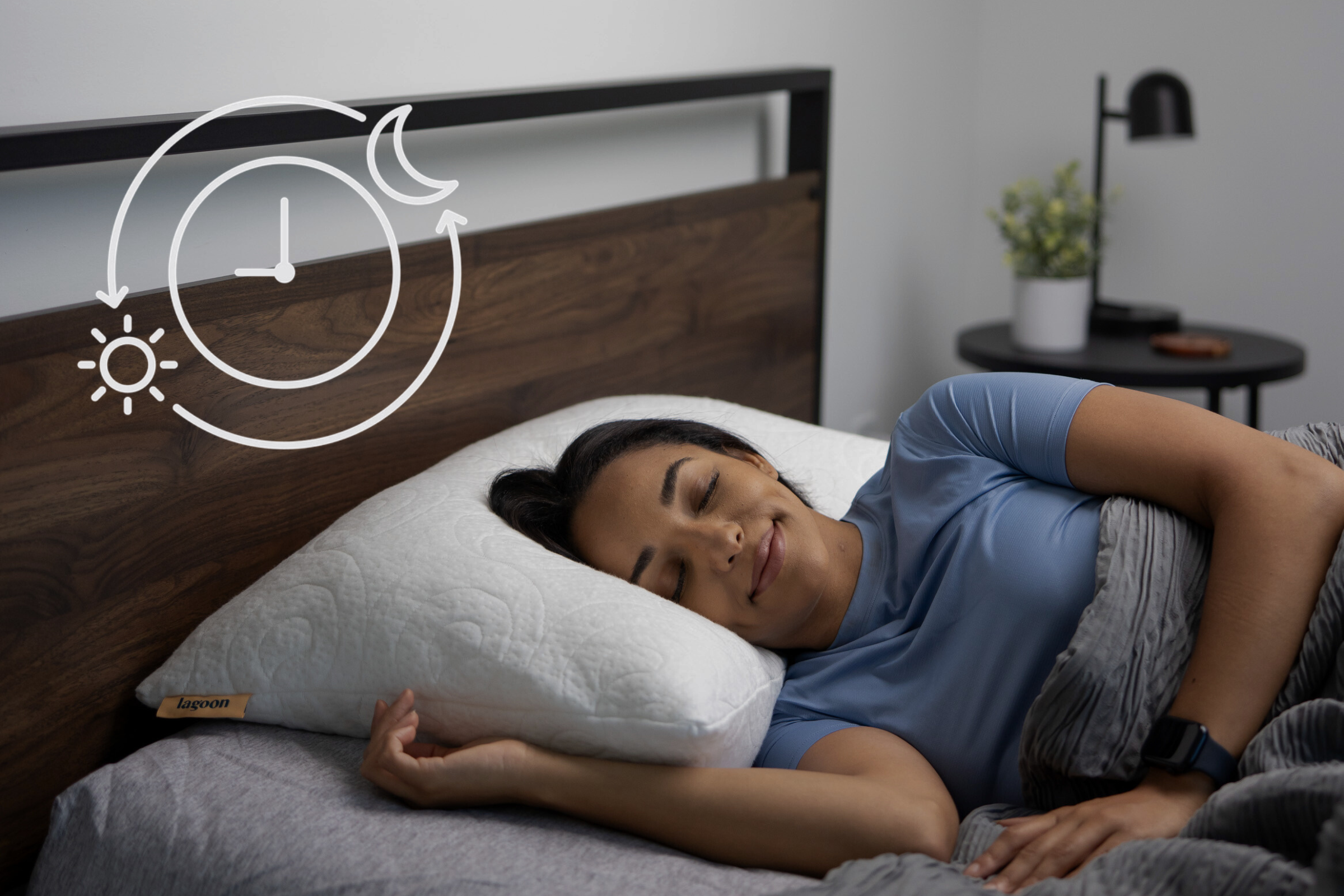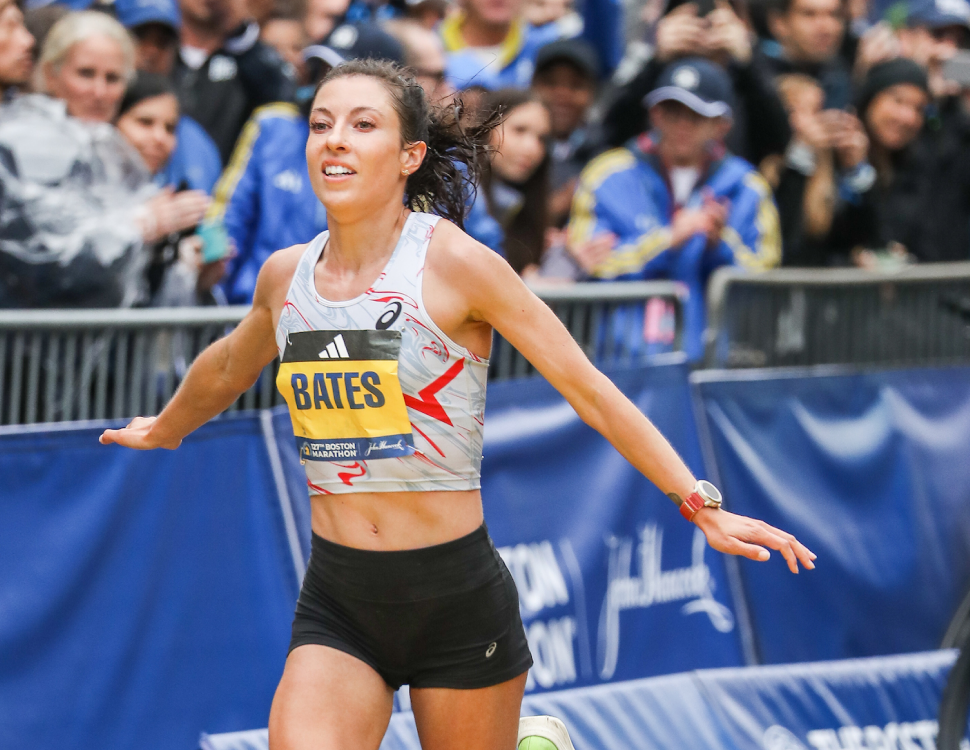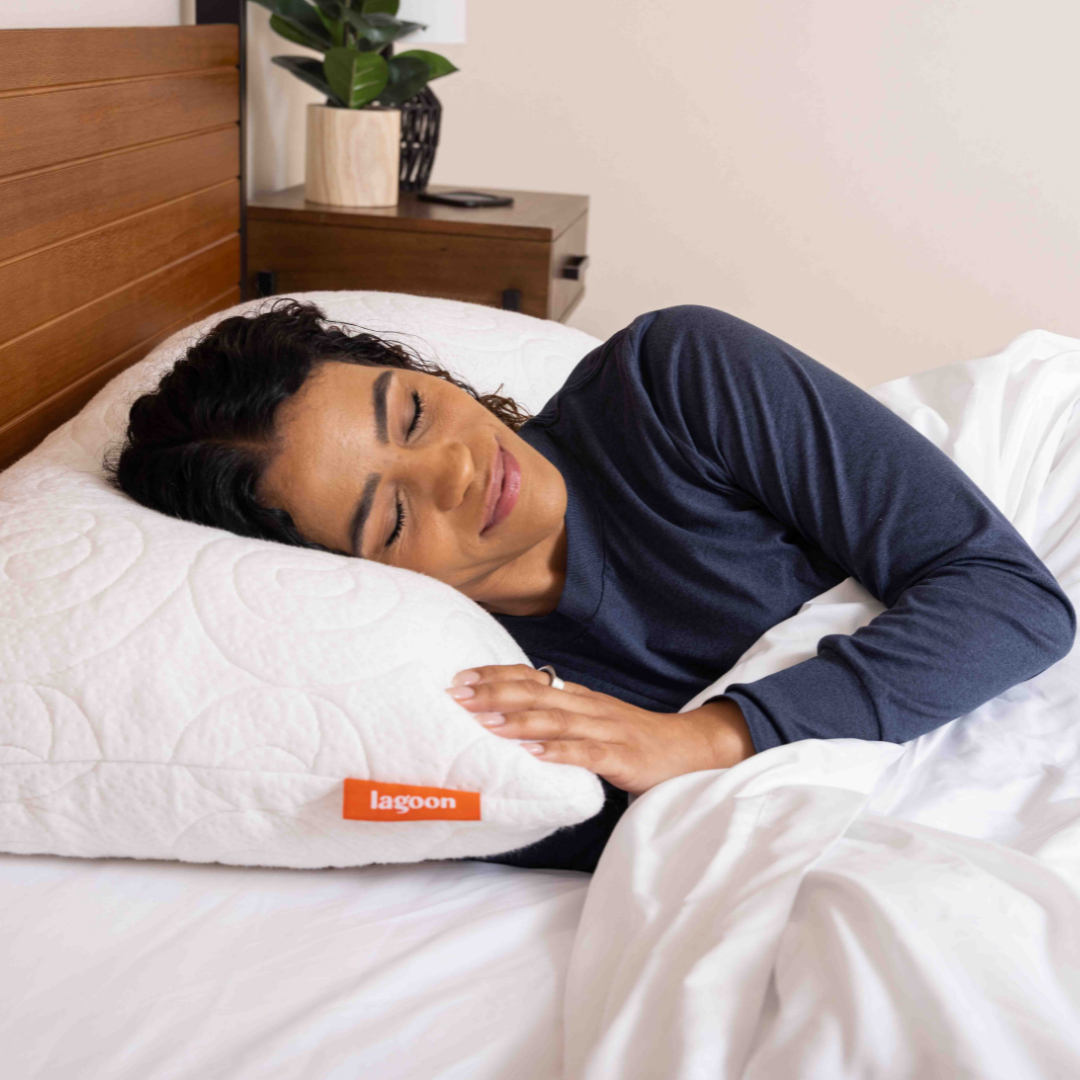Sleep Better. Swim Faster. Part 2.
How Champions Sleep, and the Results They See
“Sleep Better. Swim Faster.” is a three part series in which we discuss the importance of sleep to your athletic performance (Part 1), look at how elite athletes value and prioritize their sleep (Part 2), and lay out a guide book for optimizing your sleep (Part 3).
The best swimmers in the U.S. recognize that prioritizing and optimizing sleep gives them the opportunity to improve their swimming, and even gain an edge on their competition.
We watch videos of Olympians competing at major events, and borrow some of their most challenging sets - all in an effort to learn to perform like they do. So let’s do the same for sleep. In this post, we’ve collected insights from the best in the sport to try and sleep like they do.
Quantity of Sleep
First, it’s important to get an abundance of sleep, especially when we’re in heavy training cycles. How much sleep is enough? Let’s take a look.

Photo Credit: E! Online
Nathan Adrian
The 100-meter freestyle Olympic gold medalist at the 2012 London Olympics and now a cancer survivor, would often sleep between 10 to 12 hours each day while training.
When asked about his sleep schedule at the US Olympic Training Center in Colorado Springs, Adrian said “At training camp I’ll sleep 10 to 12 hours a day because it’s eight-plus (hours) at night, then a two-hour nap between practices, and then whatever I can scrounge up later. It’s amazing. But, it’s very necessary.”

Photo Credit - Mike Lewis, ISL
Caleb Dressel
The current king of the sprint events, Caleb Dressel, knows that there are plenty of distractions to keep him up at night but he always protects the amount of sleep he’s getting.
Dressel commented, “I would certainly love to be playing Mario Kart up until the wee hours, but sometimes I've just got to call it quits.” He makes sure to get eight and a half hours of sleep every night.
Getting Quality Sleep
Not only should we strive to get more sleep, but also ensure that we’re getting the right type of sleep. This means going through sleep cycles that consist of proper amounts of deep, restorative sleep, as well as REM sleep.

Photo Credit - Oura Ring
Katie Ledecky
In addition to being a 7 time Olympic gold medalist, Katie Ledecky has also been a huge advocate for sleep over the past couple of years as a spokesperson for the Oura ring fitness tracker.
She recently shared, “I get most of my REM sleep later in my sleep, so the earlier I get to sleep, the more REM sleep I get. Oura has helped me cut back on going to sleep late!”
REM, or dream sleep, is important for two main reasons. First, we enter into longer phases of REM sleep only when our body has gotten enough sleep. So if we’re not dreaming enough it may be that we’re not sleeping enough. Also REM sleep is critical because it is the time in which our body imprints what we learned the day before into memory.
How to Fall Asleep Easily
In Part 3 we’ll go into detail about how to set our sleep routine to prime our body to fall asleep in a timely manner. That said, there are often times where our minds may be busy or anxious and we need some help in finding calm so that we can drift asleep.

Photo Credit: Sporting News
Michael Phelps
"I have this little game I play," Phelps said. "You lay down in bed and close your eyes and you go around the room and try to describe as much as you can in detail about everything you remember in your room and the second that your mind wanders, you start back at square one. I would be shocked if you got around your room more than five times and you were still awake. It's just a really cool calming relaxation tool that I've used for quite some time that always works."
And a pro tip: "If your nightstand has three drawers, make sure you say it has three drawers, be as specific as you possibly can," he added.
Another great trick for falling asleep is one used by the US military. The TikTok video which walks through the methodology can be seen here.
Consider Our Sleep Equipment
In the pool we use our fins, paddles, snorkel and kickboard to help improve our technique and become better swimmers. In the bedroom we have different pieces of equipment that can help us sleep better too - like our pillow, bed or a favorite blanket.

Photo Credit: Peter H Bick
Natalie Hinds
Lagoon has been working with some of the best swimmers in the country this year to find the pillow that helps them sleep better. Here’s what Olympian and US National Champion Natalie Hinds has to say about her sleep equipment.
“Sleep! It’s one of the keys to performance, it’s taken a little bit, but I finally have a routine that works for me. Part of it is sleeping with my Lagoon pillow. Since using, I fall asleep pretty fast & if I’m up in the night to have a snack or use the bathroom (bc I’m hydrated) I fall right back asleep,” says Hinds.
“I’m really prioritizing my sleep routine to give me the extra edge in my training - not only because my pillow helps me optimize my rest & recovery, but also bc it’s a great reminder that I carry with me to focus on prioritizing sleep.”
—
Here at Lagoon we’re committed to helping athletes prioritize their sleep so they can maximize their performance. If you have any questions or would like to discuss strategies to improve your sleep, please reach out to us at hello@lagoonsleep.com.







